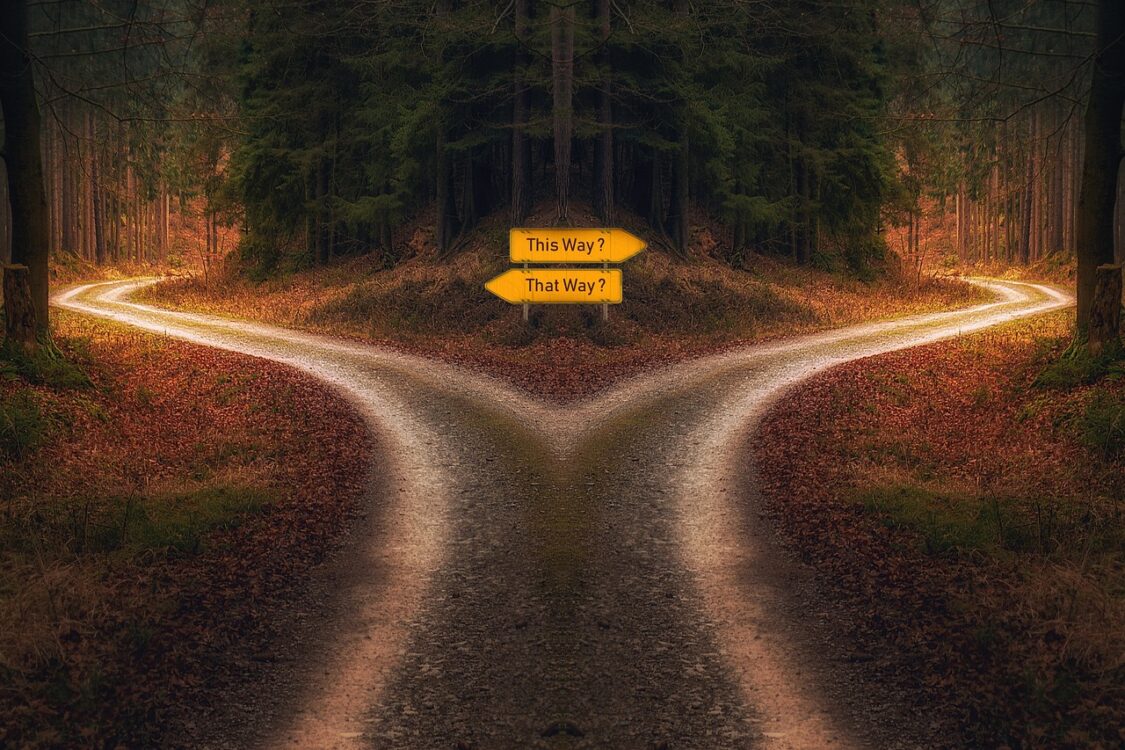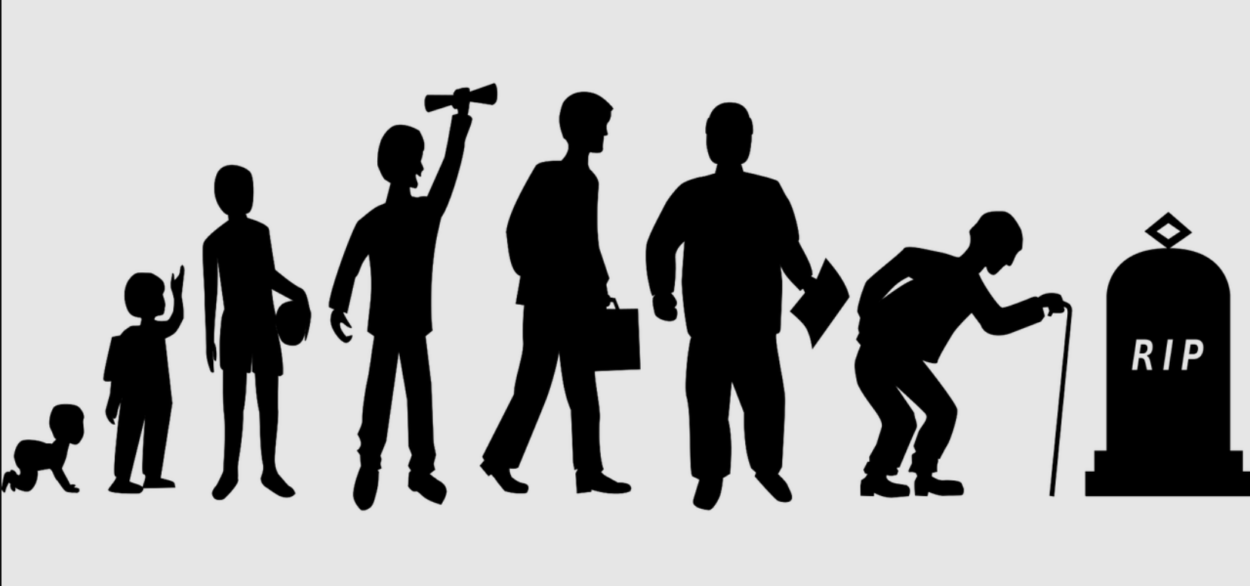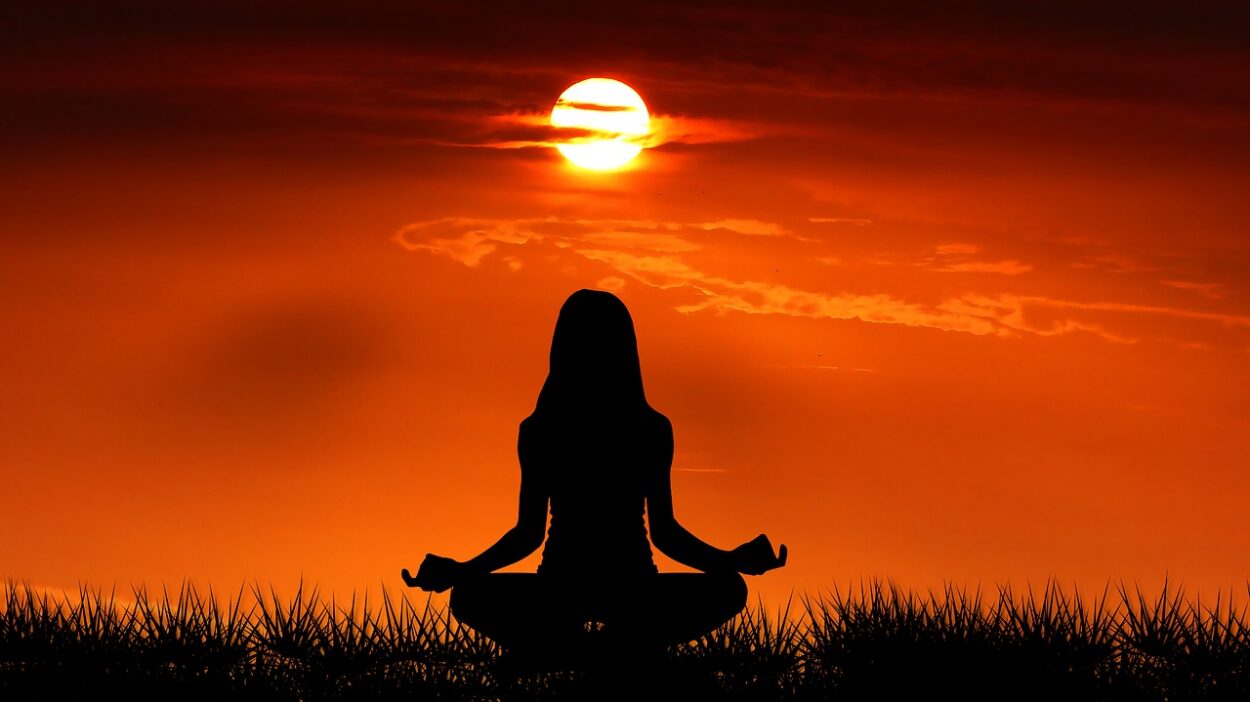
Last year, I wrote about the importance of decluttering—how it gives you a sense of control over your environment. This January, I found myself taking the practice to another level. I consciously muted/unfollowed/unsubscribed from several individuals and organisations across my Instagram, Facebook and YouTube. This exercise was not undertaken to isolate myself from the world in an irrational fit of annoyance—for professional purposes, it is imperative that I keep myself aware of the major trends in culture, business, politics, media—rather it was the result of the realisation that I had to be more selective with the parties I was giving access to my time and space (even if they didn’t know me personally).
The trigger was an Instagram post made by a model-cum-chef—over 50, well-maintained, multi-cultural, globally famous—in December that was clearly offensive to a considerable percentage of her 1 million followers. The note was not an innocent misstep but wilfully rude, with no nuanced clarification or apology issued in the aftermath of the backlash it generated. As I read the text, I instantly found it going against my principles. I couldn’t imagine speaking or writing that way. I asked myself why had I been viewing the particular female celebrity all along. The reason had been: because she “shows up everyday.” Suddenly this logic started seeming very flimsy to me. After all, a labourer or farmer in a village of some developing country wakes up and goes to work every single day as well.
As I was thinking all this, I encountered a post by an author of whom I had read very little and had long wanted to explore further but kept postponing—Ruskin Bond (born 1934), an Indian of British descent who writes for both children and adults, and has lived his life in the Himalayan foothills, with a sojourn in the UK during his youth.
There came a moment when I wondered: how many more people like the model-cum-chef (who were not really adding anything precious to my life) was I letting into my time and space and how many people like Ruskin Bond (who operated with so much depth and density) was I missing out on? I was jolted—and felt I had allowed myself to be downright foolish for too long.
I came up with a question: if my entire life is projected before me—my remaining 30s, 40s, 50s, 60s, 70s…—what information will I retain and what not? What will matter and what will simply disappear from my consciousness?

Taking this question as a guideline, I eliminated a lot of content that was not serving me in a significant way and had no lasting value. I did not have to look at every event public figures were attending or the latest product they were endorsing. Would I look back at it in 20-30 years? Not at all.
Some people I didn’t out-and-out unfollow but muted. Their stories no longer randomly slide in front of me. Instead, I can now open their profiles once in 4-5 months if I want to see what they are up to. (People in 1980s and 1990s, I imagine, had more ownership over themselves; they could pick up magazines and VCRs as and when they wanted. Celebrities would not be in their faces 24×7. They weren’t puppets to algorithms set by tech giants keen on taking advantage of their psychological vulnerabilities.)
Next—I have pointed out how we all (especially creative people) need to be careful with the larger, overarching myths we choose for ourselves. We need to extend that judiciousness to the content we consume daily as well—hour by hour, even minute by minute, because the cumulative effect can be harmful or wholesome (depending on the type of content it happens to be).
This understanding made me hide posts and reels that communicated just how horrible the world had turned, how emasculated men were, how exploitative women were, some smart new method of dealing with a “narcissist”, advice to “let them go”, how to “make them miss you”, the “best revenge”, etc. Although I am not an easily impressionable person, constant exposure to words on how mean and toxic people were to each other was definitely unsettling and upsetting me. Coming from a family of extremely healthy relationships, wherein the standards of human conduct are so high, I did not require this negativity—nobody does.

After my thorough digital decluttering exercise, I have been in an unprecedented state of bliss. I allow only very few figures to share their updates with me everyday. Not having my attention sucked away by voices or visuals that are redundant or useless or damaging, I am able to send out more networking and marketing emails—and listen to more interesting podcasts and lectures simultaneously. I am watching more films and videos that I find meaningful. I am arranging more Zoom calls, interacting more with those who have the potential to be clients or collaborators.
And, of course, I am reading more—multiple books per day comfortably, with slots reserved in morning, night and midway. As I entered into this fresh mindset, the first book I bought was Ruskin Bond’s non-fiction collection Rain in the Mountains: Notes from the Himalayas (1993)—which opened up the thick narrative of a life lived with a great love and respect for nature, of family formed with strangers when one’s own blood kin weren’t around, of a professional ethic that didn’t rush after fame but exuded a conviction that daily labour would ultimately receive its reward. The book indeed turned out to be a sublime experience that I will recall even years from now.
Written by Tulika Bahadur

